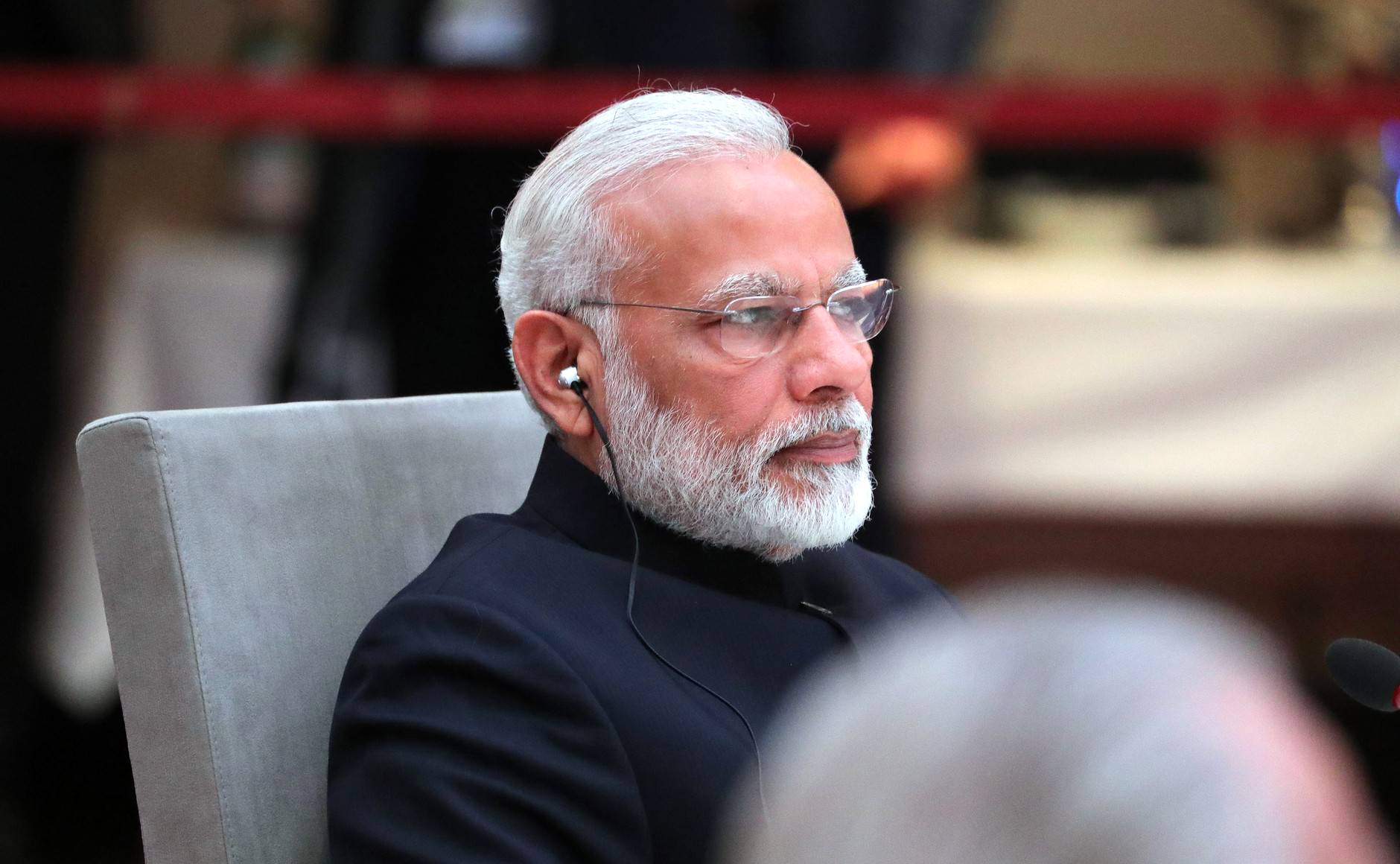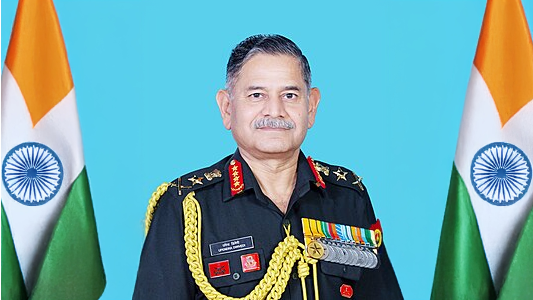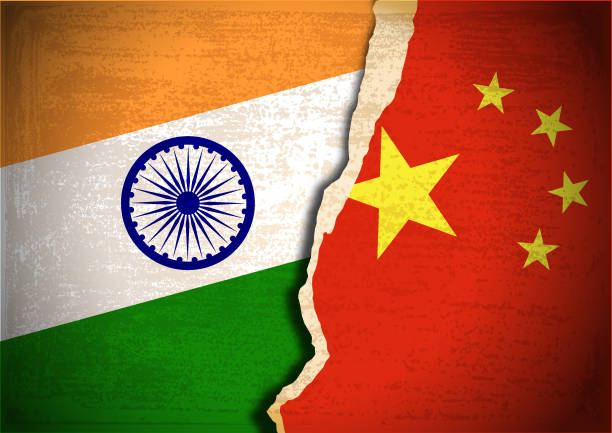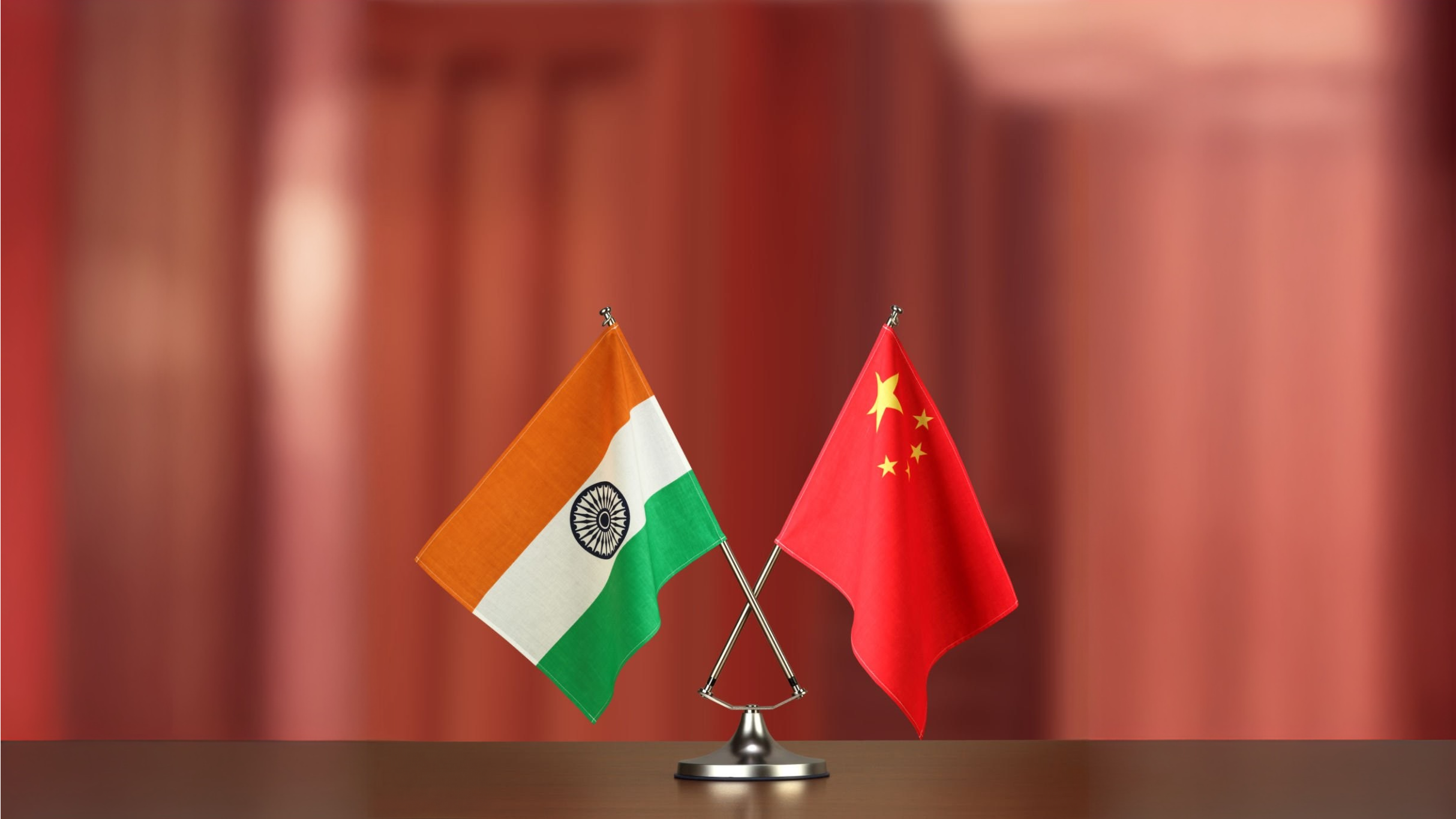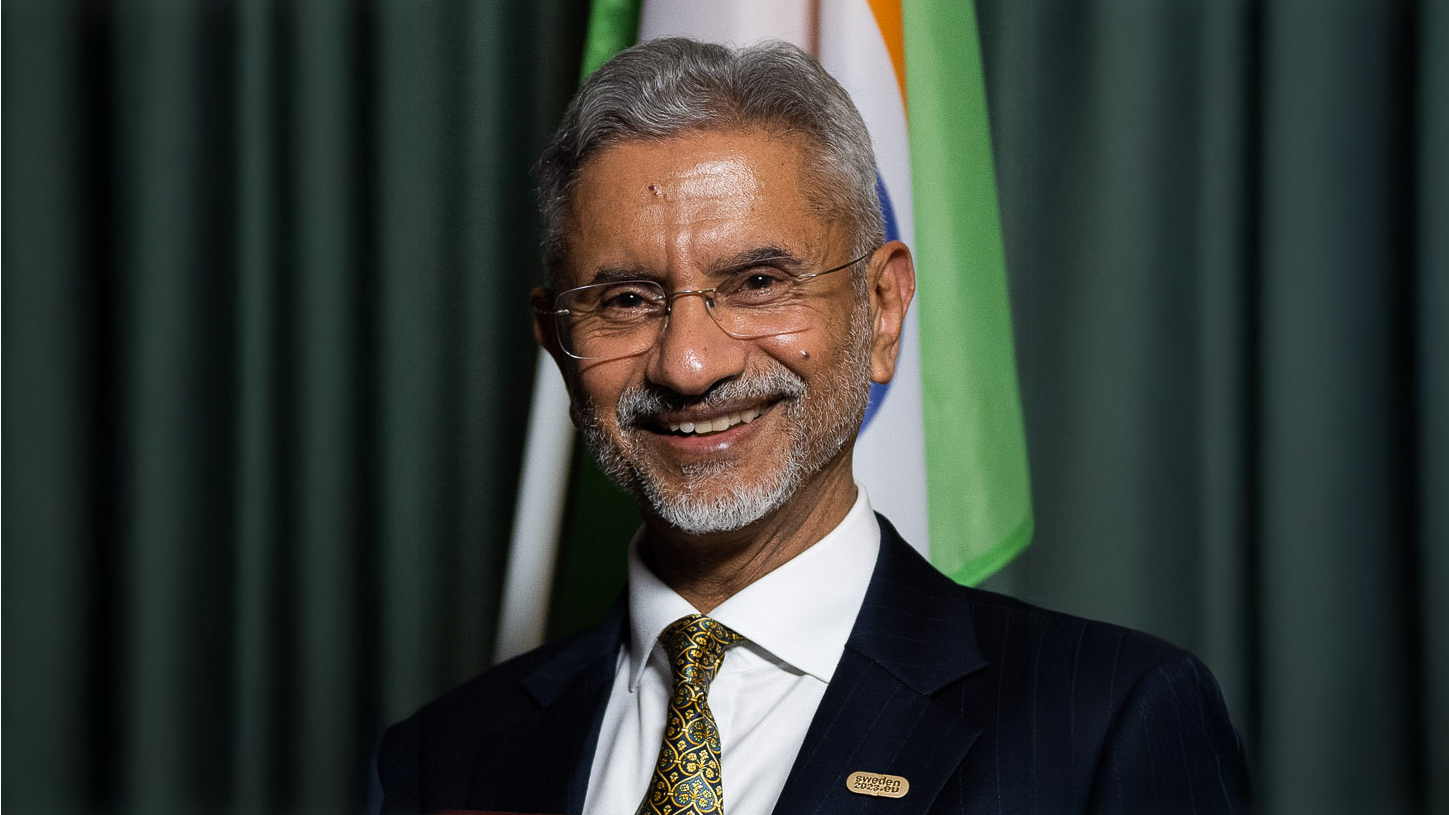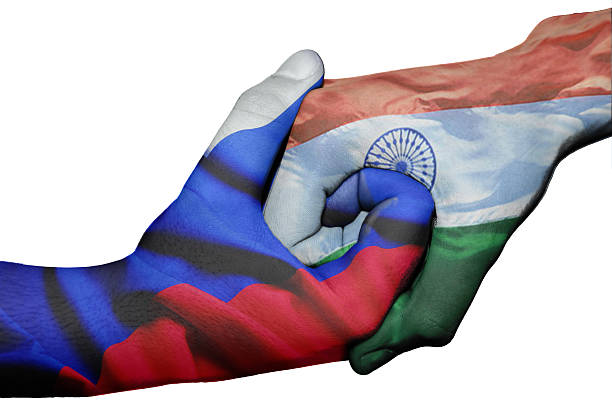India Gulf Trade Pacts: Tensions between India and Pakistan, which escalated after Operation Sindoor, have eased slightly for now. However, the role played by the United States and China in the situation has raised many eyebrows and appeared quite distinct. In response, India has accelerated efforts to strengthen its trade relations with Gulf countries. These steps are part of a broader strategic shift, as India looks to deepen economic ties and build long-term partnerships in the region. Let’s take a closer look at India’s Gulf Strategy and what it means for the future.
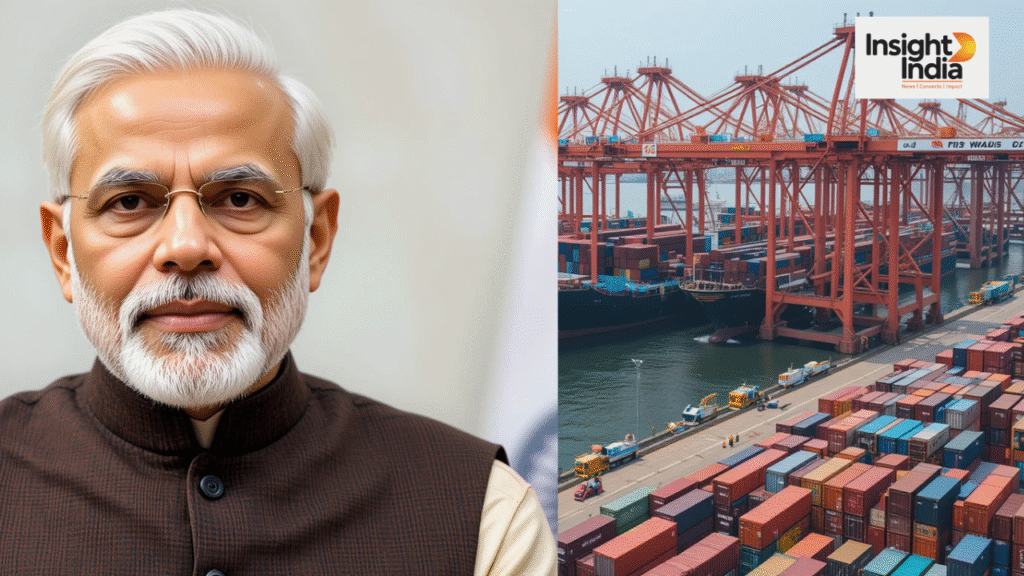
India’s Gulf Strategy Aid India-Pak Tensions
New Delhi: As tensions with Pakistan continue to simmer, India has shifted significant attention toward strengthening its economic and strategic ties with countries in the Gulf region. This move comes as part of a broader plan by the Indian government to diversify its international partnerships and build stronger alliances that can help counterbalance geopolitical pressures from Pakistan, as well as from global powers like the United States and China. At the heart of this strategy lies a series of trade agreements and economic collaborations aimed at deepening India’s engagement with key Gulf nations.
The Indian government is currently on the verge of finalizing a Free Trade Agreement (FTA) with Oman, a country with which India has maintained historically warm relations. The negotiations between the two nations have reached an advanced stage, and officials expect an official announcement to be made shortly, possibly within the month. This agreement is expected to cover a wide range of sectors including goods, services, investment, and intellectual property rights. The aim is to create a seamless flow of trade that benefits both economies and facilitates increased business cooperation.
Beyond Oman, New Delhi is actively exploring similar FTAs with other Gulf countries, particularly Qatar. The interest in Qatar has been heightened following the Emir’s visit to India earlier this year in February. During this visit, the Emir expressed strong interest in expanding economic ties and investing significantly in various sectors of the Indian economy. This signals a mutual willingness to deepen cooperation, especially considering Qatar’s strategic position as a major energy supplier and financial hub in the Gulf. Despite the geopolitical challenges surrounding the India-Pakistan conflict, Qatar maintained a neutral position, which has allowed both countries to continue their economic dialogue without major diplomatic hindrances.
India’s relationship with the United Arab Emirates (UAE) already includes a functioning trade agreement, which has paved the way for enhanced bilateral economic cooperation. Now, efforts are underway to establish an even broader Free Trade Agreement with the Gulf Cooperation Council (GCC), which is a regional intergovernmental political and economic union consisting of six member states: Saudi Arabia, UAE, Qatar, Kuwait, Oman, and Bahrain. An FTA with the GCC would mark a significant milestone for India’s foreign trade policy, as it would potentially cover a market of hundreds of millions of consumers and billions of dollars in trade volume.
This expanding engagement is not limited to trade alone. India’s talks with Gulf countries also emphasize collaboration in energy security, investment inflows, and even defense and security cooperation. The Gulf region is a critical supplier of energy resources to India, and securing stable, long-term agreements is crucial for India’s growing energy needs. Furthermore, increasing investment from Gulf nations into India’s infrastructure, technology, and real estate sectors promises to bolster economic growth and employment opportunities.

In November 2023, India and Oman officially commenced formal negotiations on a Comprehensive Economic Partnership Agreement (CEPA), which is intended to deepen the economic relationship between the two countries far beyond traditional trade. CEPA aims to facilitate easier movement of professionals, enhance bilateral investment protections, and promote joint ventures and technological cooperation. This initiative reflects a shared commitment to expanding the bilateral agenda and building a future-ready partnership.
India’s strategic pivot toward Gulf countries is driven by multiple motivations. Economically, the Gulf region represents a vital source of investment, energy, and market access. Politically, building stronger alliances with Gulf nations enables India to increase its influence in a region that plays a pivotal role in global geopolitics. Moreover, these partnerships provide India with a valuable counterweight amid ongoing regional tensions with Pakistan, which remains a critical concern for Indian policymakers.
The Gulf countries have historically maintained friendly relations with India. Their support during challenging phases, including times of political or diplomatic strain, has helped India maintain its regional stability. India, in return, has invested in building trust and mutual respect through cultural, economic, and diplomatic engagements. This mutual goodwill forms a solid foundation for deeper collaboration in the years ahead.
Indian officials also emphasize the importance of peaceful dialogue and cooperation in international relations. The government maintains that fostering open communication and economic interdependence is essential for resolving conflicts and ensuring regional stability. The Gulf strategy reflects this philosophy by promoting partnerships based on shared interests and respect.
In conclusion, India’s renewed focus on the Gulf region represents a significant shift in its foreign policy priorities amid heightened tensions with Pakistan and the broader geopolitical rivalry involving the US and China. Through trade agreements, investment partnerships, and collaborative initiatives, India aims to secure economic growth, energy stability, and strategic influence. The developing Gulf plan is not just about economics but also about crafting a resilient and balanced regional architecture that supports India’s long-term aspirations on the global stage.
Also Read:
- Lucknow Sleeper Bus Accident Kills 5; China Bans, India Still Using
- President Asks 14 Questions: Can SC Set Deadline for Bills?
Author

Aditya
Aditya is a dedicated writer at InsightIndia.in, covering the latest news from across India with a focus on results and public updates. With a strong eye for accuracy and clarity, he brings timely information to readers, helping them stay informed about key developments and outcomes that matter.





